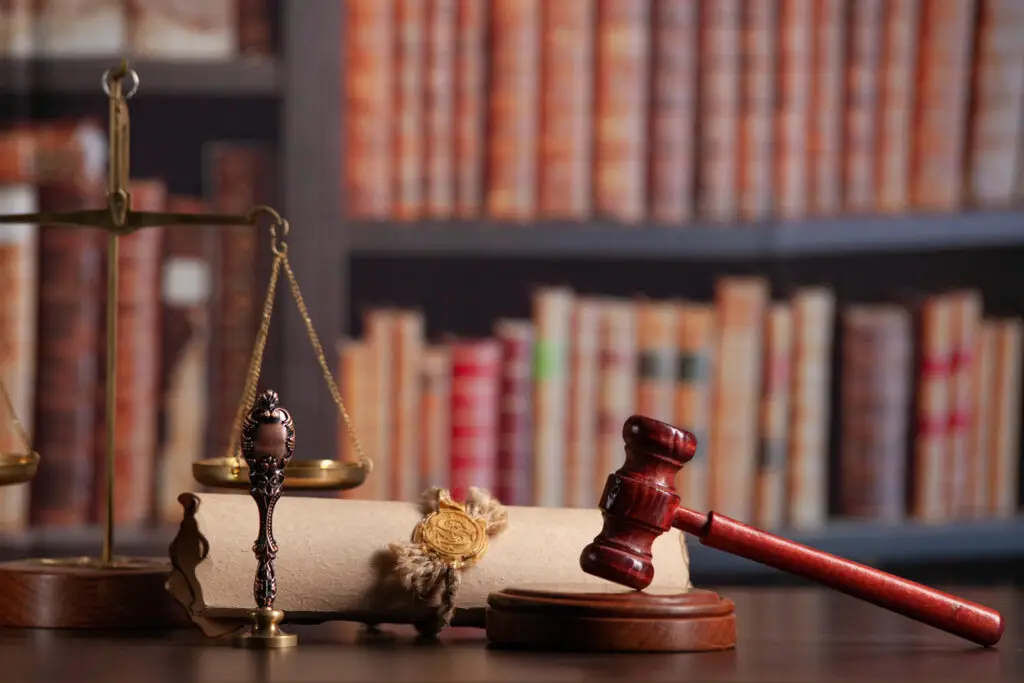This article, Part 2 of a 2-part series, will discuss what a plaintiff must do when a defendant dies. Part 1, previously featured in the last quarterly issue, discussed what to do when a plaintiff dies.
Step 1: Who Has Legal Standing to Litigate in Place of the Defendant-Decedent?
For defendant-decedents, subject to the California Probate Code sections[i] governing creditor claims, “a cause of action against a decedent that survives may be asserted against the decedent’s personal representative or, to the extent provided by statute, against the decedent’s successor in interest.”[ii] A decedent’s “personal representative” refers to the person or entity formally appointed by the Probate Court in the decedent’s estate proceeding, and includes, interalia, an “executor, administrator, administrator with will annexed, [or] special administrator.”[iii] A decedent’s “successor in interest” means “the beneficiary of the decedent’s estate or other successor in interest who succeeds to a cause of action or to a particular item of property that is the subject of a cause of action.”[iv]
Step 2: How Does Someone Commence or Maintain an Action Where the Defendant Has Died?
When a defendant passes away during an action which has already commenced but before the conclusion of that action, plaintiff’s counsel must act quickly to preserve his or her client’s claims against a defendant-decedent. “On motion, the court shall allow a pending action or proceeding against the decedent that does not abate to be continued against the decedent’s personal representative or, to the extent provided by statute, against the decedent’s successor in interest, except that the court may not permit an action or proceeding to be continued against the personal representative unless proof of compliance with Part 4 (commencing with Section 9000) of Division 7 of the Probate Code governing creditor claims is first made.”[v] Failure to comply with these procedural requirements will bar plaintiff’s recovery against the defendant-decedent’s estate.
In addition to the filing of a Motion in the pending action, the plaintiff must file a “creditor’s claim” in the decedent’s estate probate proceeding. Otherwise, the decedent’s personal representative and the probate court will not have sufficient notice concerning the pending claim. And the timing of the creditor’s claim is crucial in order for a plaintiff to recover from a defendant-decedent’s estate, because not only does a plaintiff need to protect his or her interest in the defendant-decedent’s estate’s assets prior to distribution to the estate’s beneficiaries, but there are also strict time limitations on the filing of these creditor’s claims, as follows:
When a creditor’s claim is required, the plaintiff must file it within four months from the date that the letters of administration are first issued to a personal representative (in the decedent’s estate proceeding), or 60 days after notice of administration of the decedent’s estate is given to the creditor, whichever is later.[vi] The decedent’s personal representative may accept the creditor’s claim, accept in part and reject in part, or reject the claim entirely.[vii] And where a decedent’s personal representative takes no action concerning plaintiff’s creditor’s claim, then the claim can be deemed rejected on the 30th day after it was filed.[viii] If a creditor’s claim is rejected, the plaintiff then has 90 days to move the court in the pending action to substitute in the defendant-decedent’s personal representative into the pending litigation, or to initiate new litigation to enforce the claim (if the subject matter of the creditor’s claim is not fully covered by any pending litigation.)[ix]
Finally, a one-year creditor’s claim statute of limitation from decedent’s date of death applies regardless of the status of decedent’s estate proceeding or the appointment of decedent’s personal representative, so if no decedent’s estate probate proceeding has been initiated, or no personal representative appointed, then plaintiff’s counsel should open probate themselves so that a creditor’s claim can be timely filed within one-year of the decedent’s passing.[x]
Step 3: What Damages are Recoverable Against a Defendant-Decedent?
For defendant-decedents, “all damages are recoverable that might have been recovered against the decedent had the decedent lived except damages recoverable under Section 3294 of the Civil Code or other punitive or exemplary damages.”[xi]
* * * * *
In sum, time is of the essence to ensure that a party’s rights and claims are not barred from recovery. The death of a defendant-litigant does not have to mean the end of the action. But given the complex interplay that must occur between the Probate and Civil procedure statutes, it is essential to engage a practitioner well versed in both arenas.
_____________________
[i] Cal. Prob. C. §§ 9000, et seq.
[ii] Cal. Code Civ. Proc. § 377.40.
[iii] Cal. Prob. C. § 58(a).
[iv] Cal. Code Civ. Proc. § 377.11.
[v] Cal. Code Civ. Proc. § 377.41.
[vi] Cal. Prob. C. §§ 9100, et seq.
[vii] Cal. Prob. C. § 9250.
[viii] Cal. Prob. C. § 9256.
[ix] Cal. Prob. C. § 9370.
[x] Cal. Code Civ. Proc. §§ 366.2 and 366.3.
[xi] Cal. Code Civ. Proc. § 377.42.










